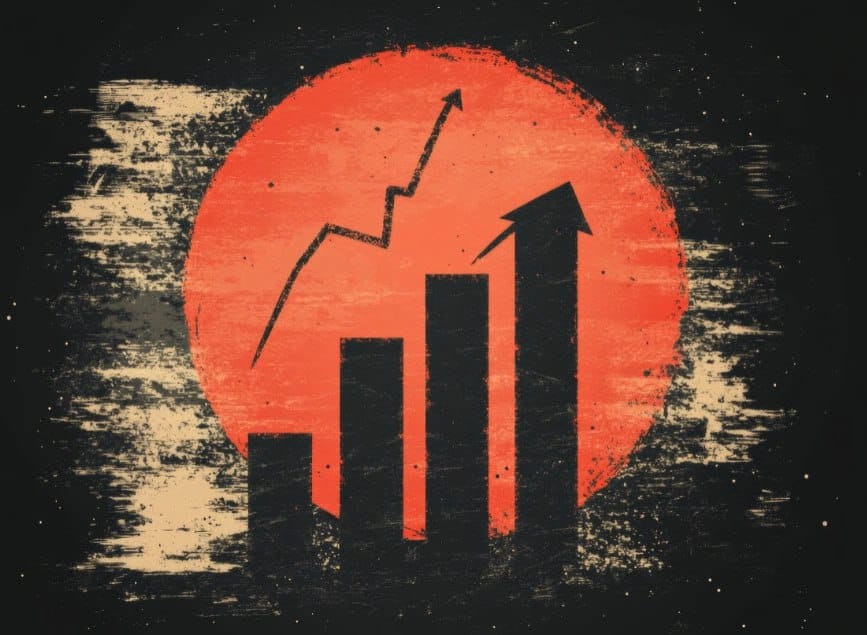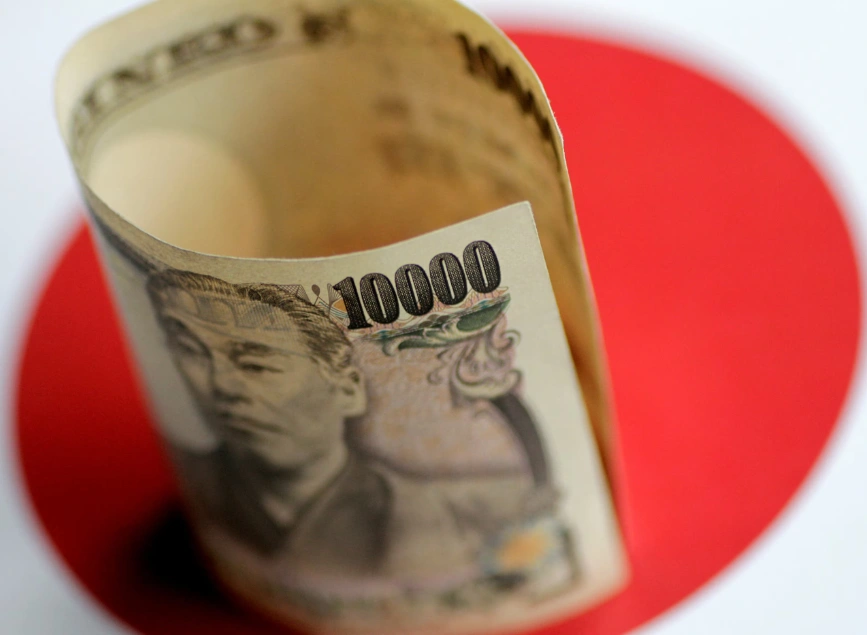
Japan’s annual inflation rate increased
Japan’s annual inflation rate climbed to 3.0% in August 2024, up from 2.8% in the previous quarter and reaching its highest level since October 2023. The increase highlights rising price pressures across key sectors, driven by escalating costs for energy, food, and household appliances. This marks a continued departure from Japan’s historically low inflation rates, presenting new challenges for policymakers and consumers alike.
Energy Prices Drive Inflation Spike
One of the primary contributors to the inflation surge is the sharp rise in energy costs. The complete phase-out of energy subsidies in May 2024 has led to significant increases in electricity and gas prices, which are now being fully passed on to consumers. This shift comes at a time when global energy prices remain volatile, further compounding the burden on Japanese households and businesses.
The end of energy subsidies was part of the government’s strategy to normalize its fiscal policy after years of pandemic-related spending. However, the timing has proven difficult for consumers, who are now facing elevated utility bills just as inflationary pressures are building in other areas of the economy.
Rising Costs in Food and Household Appliances
In addition to energy, food prices have continued to rise, driven by higher import costs and global supply chain disruptions. Japan, which relies heavily on imported food products, has been particularly affected by fluctuations in global commodity prices, making basic necessities like groceries more expensive for consumers.
Household appliances have also seen price increases, with manufacturers passing on higher production and materials costs to customers. The weakening of the yen has further inflated the price of imported goods, contributing to the overall upward trend in inflation.
Policy Response and Economic Outlook
Japan’s central bank, which has long struggled to meet its inflation target, now faces a delicate balancing act. While inflation at 3.0% is higher than desired, it is still moderate compared to global standards. The Bank of Japan (BOJ) is expected to maintain its ultra-loose monetary policy for the time being, focusing on supporting economic growth while closely monitoring inflationary trends.
Share
Hot topics

Best broker for gold trading
There’s always been a certain magic about gold. Before online charts and trading applications, people stored their wealth in coins and bars, trusting that gold would retain its value during...
Read more




Submit comment
Your email address will not be published. Required fields are marked *